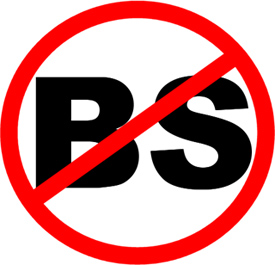Jeff Altman, The Big Game Hunter discusses two ways to use Twitter has part of your job search.
[spp-transcript]
I want to talk with you today about using Twitter as part of your job search. I’m not going to explain what Twitter is; if you don’t know anything about it, you’re going to have to research it elsewhere.
I want to suggest two things for you:
1. Follow recruiters, headhunters, employment agencies and hiring managers at firms that you target. If they say something that is interesting to you, try to engage them in conversation. Especially with hiring managers, it becomes a way to create a favorable impression with them.
2. Use Twitter search to follow conversations that relate to your particular area of expertise. Let’s say, you are a Java developer, #java becomes a way that you can find conversations to follow.#javajobs or #java-jobs might be a way that you can find Java positions that you might fit.
Twitter is vastly underutilized for job hunting. There is a lot less competition on sweeter to get the attention of hiring managers and recruiters if you are trying to reach out to them through Twitter.
If you want to reach out to me by the way, my handle is @TheBigGameHuntr.
Follow me on Twitter. Follow me around the web.
[/spp-transcript];
Do you think employers are trying to help you? You already know you can’t trust recruiters—they tell you as much as they think you need to know to take the job they after representing so they collect their payday.
The skills needed to find a job are different yet complement the skills needed to do a job.
Jeff Altman, The Big Game Hunter has been a career coach and recruiter for what seems like one hundred years.
JobSearchCoachingHQ.com changes that with great advice for job hunters—videos, my books and guides to job hunting, podcasts, articles, PLUS a community for you to ask questions of PLUS the ability to ask me questions where I function as your ally with no conflict of interest answering your questions.
You can order a copy of “Diagnosing Your Job Search Problems” for Kindle for $.99 and receive free Kindle versions of “No BS Resume Advice” and “Interview Preparation.”
Don’t forget to give the show 5 stars and a good review in iTunes


